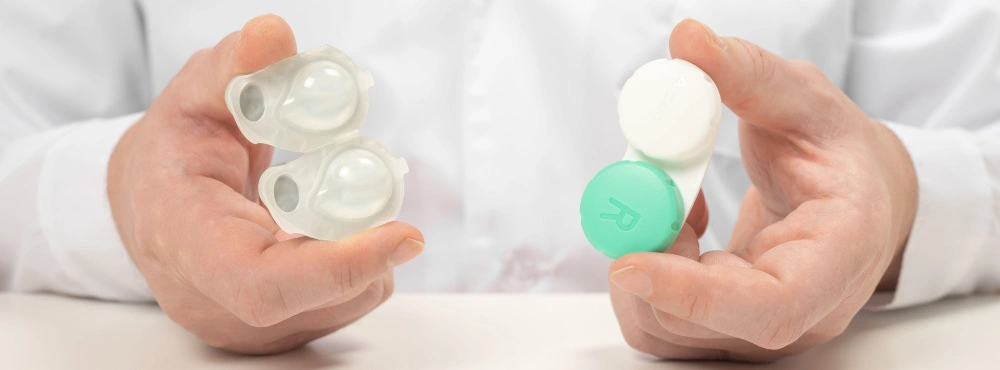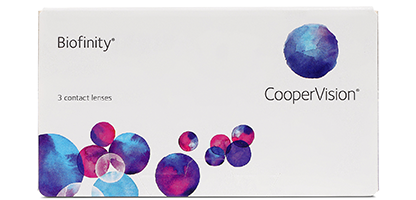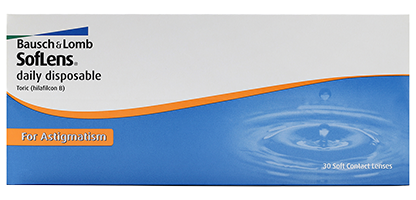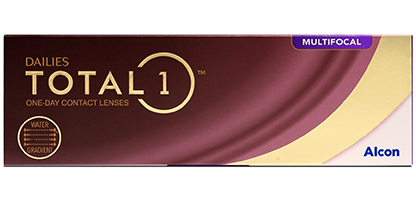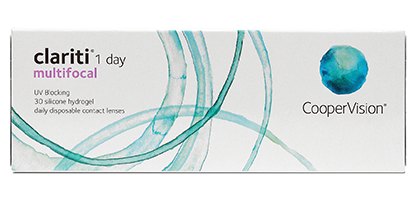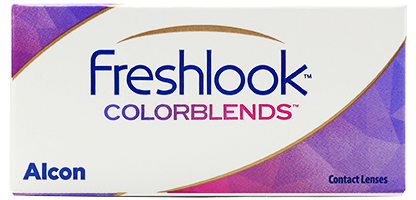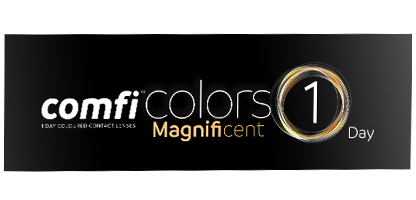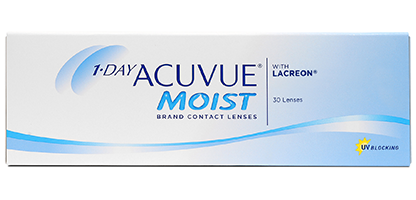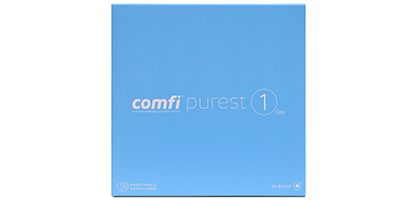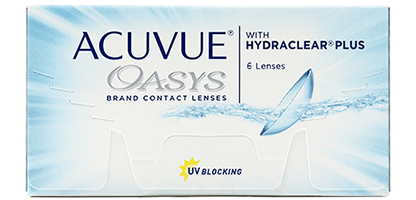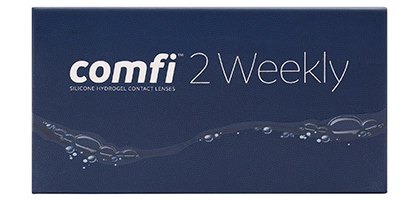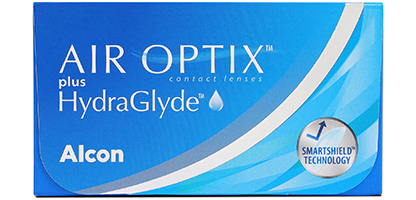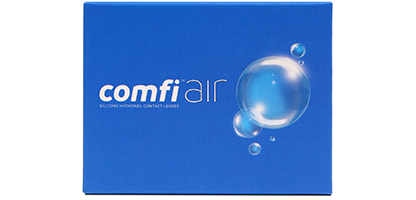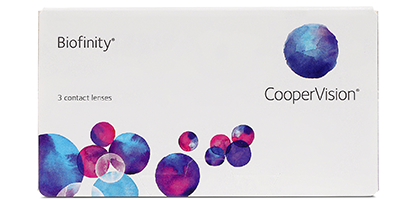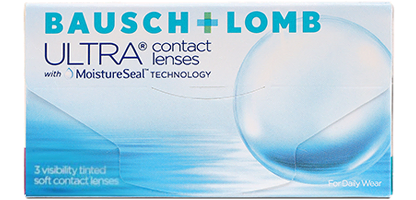Contact lenses have been widely adopted by people worldwide to feel more active, comfortable and stylish, while enjoying perfect vision. However, there are many people who are afraid to take the leap of faith or wonder if they’re wearing the right contact lenses. Before you schedule an appointment with your optician to find out more, why not do a little homework on the different types of contact lenses and discover what each type of lens has to offer?
Types of contact lenses based on prescription
Standard corrective lenses are available as:
1. Single vision lenses
Most common type of prescription-based lenses, they are used to correct myopia (shortsightedness) and hyperopia (farsightedness). These single vision lenses have a single prescription across the surface.
2. Toric lenses
Toric lenses or contact lenses for astigmatism have two different powers 90 degrees apart from each other. They are specially designed to correct astigmatism, a common eye condition that causes blurred or distorted vision, often because the shape of the eye is not fully spherical.
3. Multifocal contact lenses
Incorporating multiple optical powers within the same lens, multifocal contact lenses are designed to correct vision at multiple distances (near, intermediate and far). They are the perfect alternative to switching between separate glasses for different tasks and are widely used by people struggling with presbyopia.
4. Coloured contact lenses
Coloured contact lenses are a great option that not only allows you to switch your eye colour but also provides the same level of visual correction just as regular contact lenses. You can enjoy a new look without compromising on vision quality. Coloured lenses come in both prescription and plano ranges (for cosmetic use). At Feel Good Contacts, you can also explore a range of crazy contact lenses that are perfect for party outfits, Halloween and cosplay events.
Types of lenses based on wearability
Here are the most common types of lenses based on wearability:
1. Daily disposable lenses
These are single-use lenses designed to be used once and thrown away. Daily disposable lenses are the most hygienic type of lenses and do not require a lens care regime. With dailies, you don’t need a lens solution as you discard them after one wear. These are a great option for working professionals with hectic schedules, people with an active lifestyle or occasional lens wearers.
2. Two weekly lenses
As the name suggests, two weekly lenses or bi-weekly lenses are designed to be worn for up to two weeks. They need to be properly cleaned, disinfected and stored after use and can be reused for up 14 days. You will have to clean these lenses properly by using a suitable solution recommended by your optician and store them in a suitable contact lens case.
3. Monthly lenses
Designed to be worn daily for up to a month, monthly lenses need to be properly cleaned, disinfected and stored after each day of use and can be reused for up to 30 days. These reusable lenses offer you all the benefits of soft lenses and are considered a rather cost-effective option. If you don't mind following a lens cleaning routine, monthly lenses could be an ideal option for you.
4. Extended wear lenses
Specially designed for those who prefer to skip the process of removing, cleaning, storing and re-inserting their lenses every day, extended wear lenses provide continuous vision correction. You can wear these lenses for 7 days and 6 nights continuously, when approved by your optician.
With such a wide variety of contact lenses available in the market, you're sure to find the perfect pick as per your vision needs and lifestyle. However, while making this choice, it's always best to consult your optician and follow their recommendations. Avoid choosing lenses that have not been approved for use by your optician. For more information on eye health and eye care, please visit our Eye Care Hub.
Disclaimer: The advice in this article is for informational purposes only and does not replace medical care or an in-person check-up. Please check with an eyecare professional before purchasing any products or remedies. For information on our article review process, please refer to our Editorial Policy.

 Offers
Offers Account
Account
 Favorite
Favorite
 Basket
Basket

 OFFERS
OFFERS











